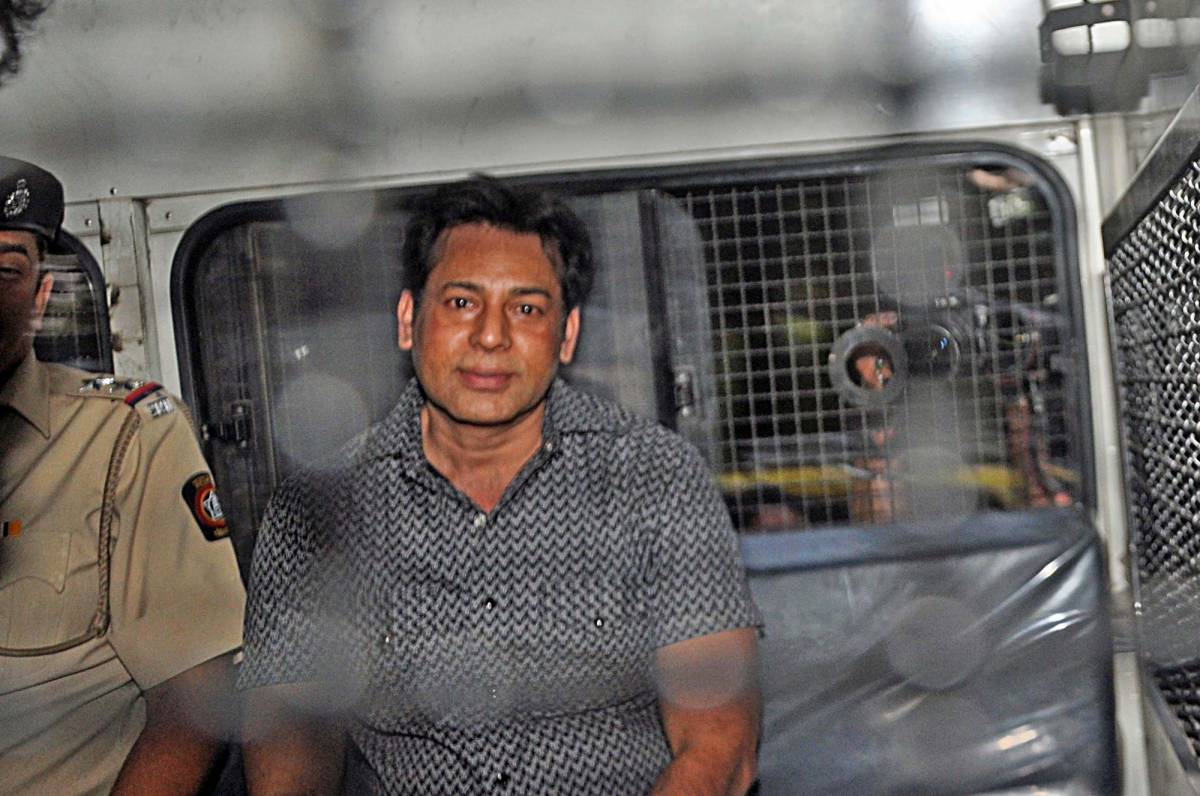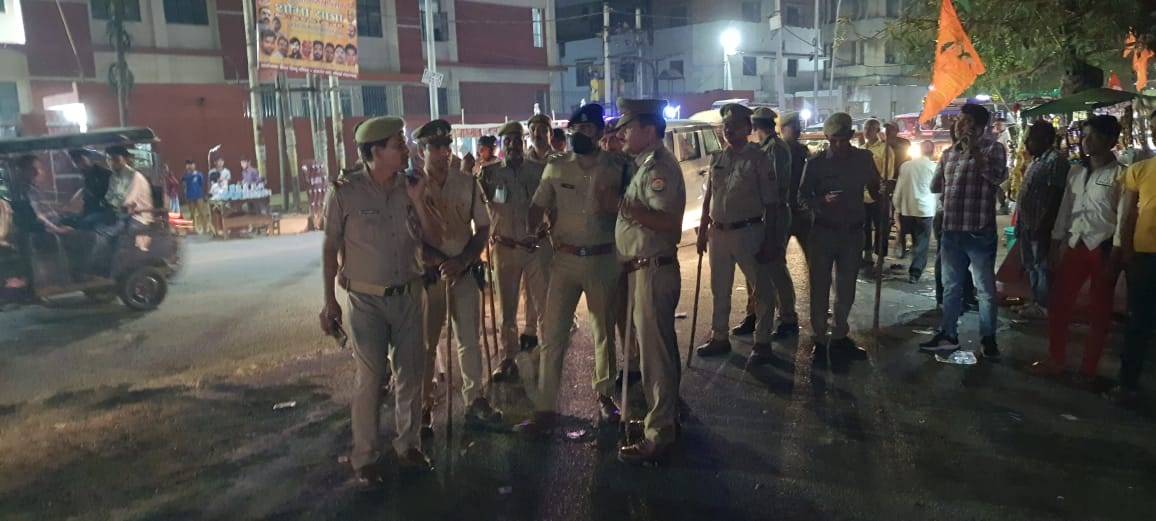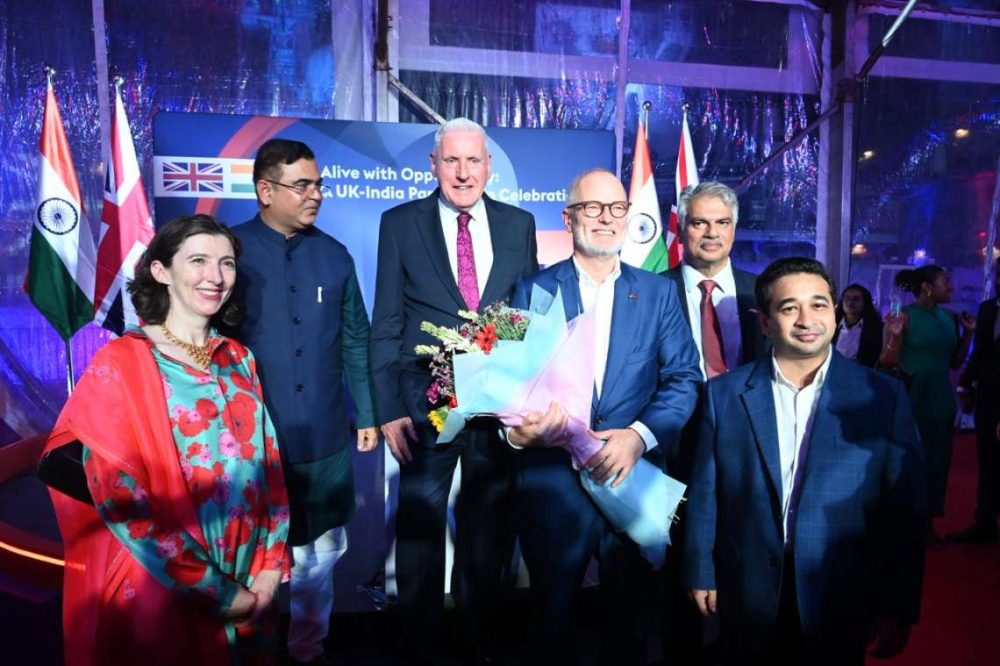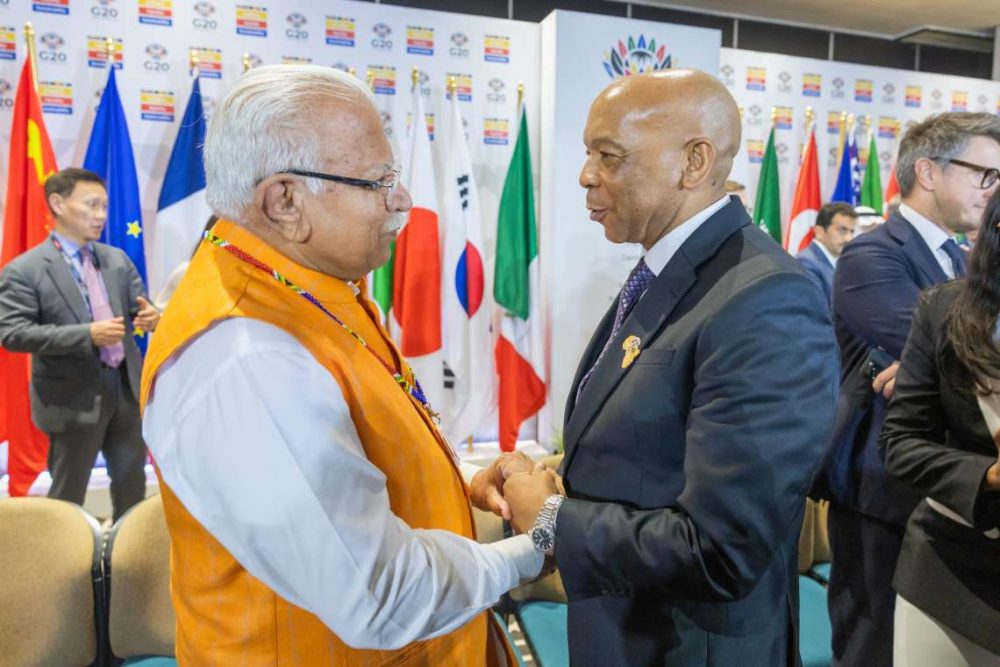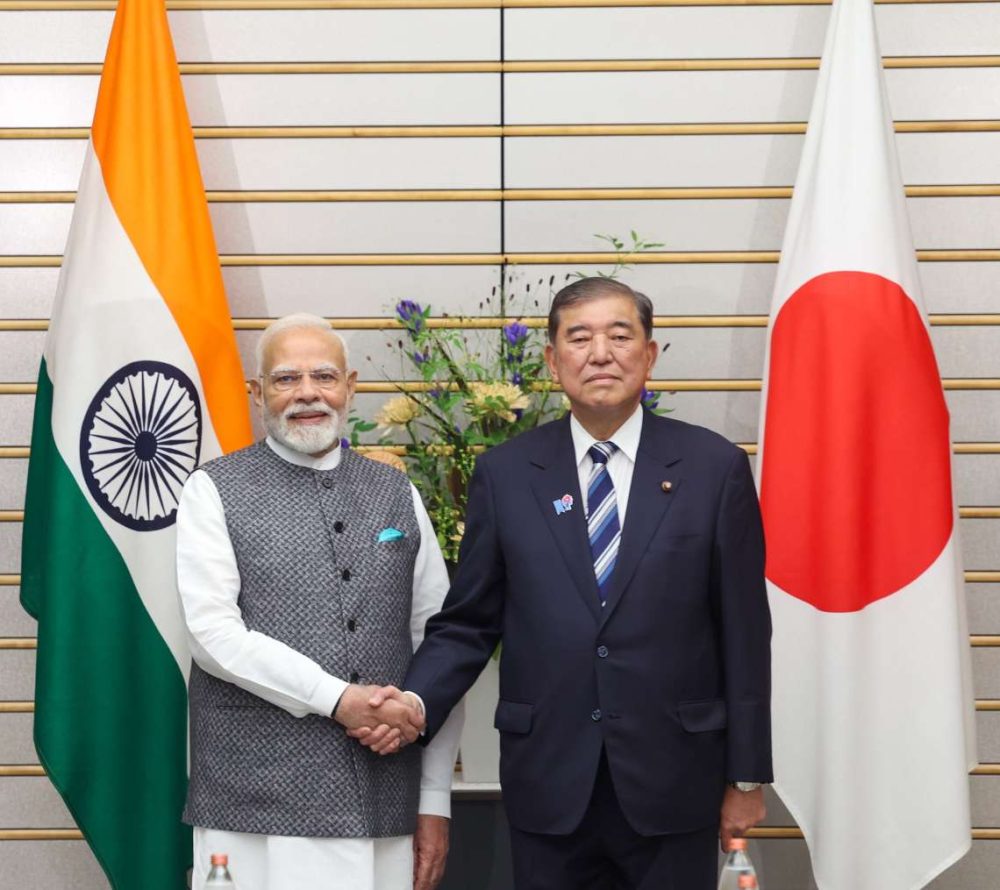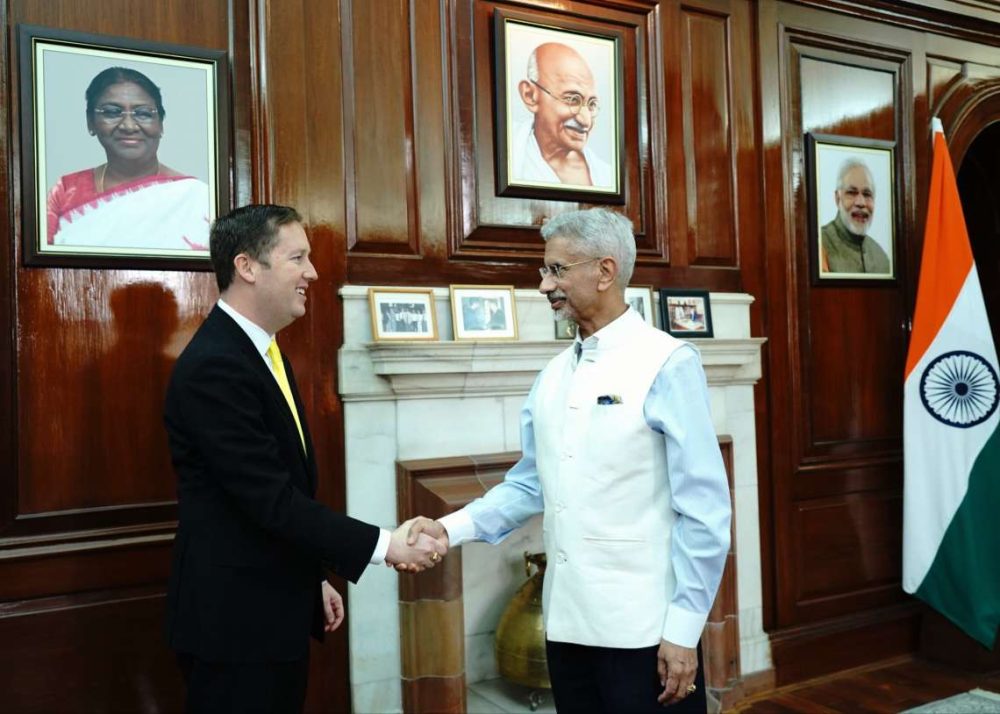After a detailed hearing, the top court posted the matter for further hearing on May 5…reports Asian Lite News
The Supreme Court on Thursday strongly objected to some statements made by the Union Home Secretary, in an affidavit on honouring the assurances made to Portugal during gangster Abu Salem’s extradition, saying the judiciary does not need lecturing from the official in the matter.
“Home Secretary seems to tell us; we should decide the appeal. It is not for him to tell us,” a bench of Justices Sanjay Kishan Kaul and M.M. Sundresh told Additional Solicitor General K.M. Nataraj.
Justice Kaul added: “I don’t understand some part of the affidavit. What we have to do, we will do… He should not be telling us after two opportunities to file the affidavit. I don’t take it kindly”.
He asked Nataraj to be clear on the government stand in the matter, whether it will honour the assurance made to Portugal?
The Home Secretary in an affidavit informed the Supreme Court that the government was bound by the assurance given to Portugal, while extraditing Abu Salem, a convict in Mumbai serial blasts, and would abide by it at an appropriate time.
Nataraj submitted that the government was bound by the assurance and urged the court to first decide from when the concerned 25 years period would run and then the other issues can be decided on the basis of that. He said the sovereign commitment binds the two countries and the accused cannot claim benefit of the same as a matter of right.
At this, Justice Kaul asked: “You don’t want to take a stand?”
The bench added that the government took a decision to bring him to India by giving an assurance through a court process. “This court has to be conscious of the fact that in your wisdom you have given an assurance. I don’t understand what the other remedies area,” it said.
Justice Kaul told Nataraj: “… don’t appreciate it, the government cannot not take a stand before the court.” It said the Central government must be unequivocal in what it wanted to say and pointed out that the court did not like many sentences in the affidavit – “We will take a decision at an appropriate time”.
He emphasised: “Are you sticking to the assurance… no lecturing required by the Home Secretary.”
The top court was hearing a plea by Abu Salem stating that his imprisonment cannot extend beyond 25 years, as per the assurances given by the Indian government to Portugal during his extradition.
As Nataraj said Abu Salem’s rights, conviction etc is up to the judiciary and as far as the assurance given, it is between two countries, the bench replied: “We asked you if you are standing by the assurance. You are saying that the consideration is premature. How can you say it’s premature? The appeal is right for arguing…”.
The Central government had contended that Salem’s contention about the non-compliance of assurance is premature and based on hypothetical surmises and can never be raised in present proceedings.
Advocate Rishi Malhotra, representing Abu Salem, had submitted that the judiciary is also bound by the sovereign assurance. He had argued that the imprisonment term cannot extend beyond 25 years as per the assurance given by the Central government.
After a detailed hearing, the top court posted the matter for further hearing on May 5.
The Home Secretary, in an affidavit, said: “The government of India gave an assurance vide letter dated December 17, 2002, to the government of Portugal. This assurance is an executive assurance given by one country to other in the exercise of their executive functions.”

“The period of 25 years which is mentioned in the assurance will be abided by the Union of India at an appropriate time subject to the remedies which may be available. The question of the Union of India honouring its assurance dated December 17, 2002, will arise only when the period of 25 years is to expire. This date is November 10, 2030.”
The CBI, in its affidavit, had told the top court that an Indian court is not bound by the assurance given in 2002 by the then Deputy Prime Minister L.K. Advani to Portugal that gangster Abu Salem would not be imprisoned beyond 25 years after his extradition to India.
The Supreme Court then had said it was not happy with the CBI’s reply in the matter and sought a response from the Home Secretary.
ALSO READ-Ishtaye rejects Israeli court ruling on Palestinian authority


